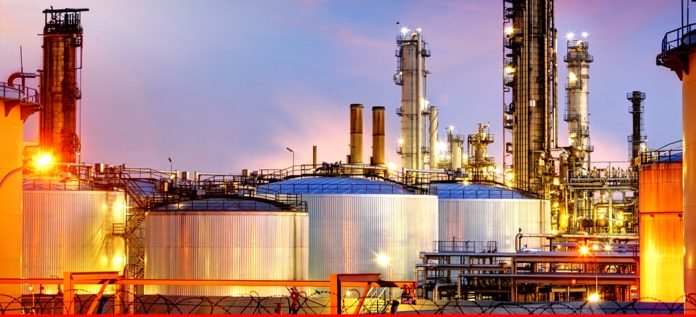Staff Report
ISLAMABAD: State Minister for Petroleum Musadik Malik has said that the government will soon announce its refinery policy which will pave the wave for an investment of $12 billion to set up a world-class refinery in the country.
The Institute of Strategic Studies Islamabad (ISSI) organized its third Thought Leaders Forum (TLF) on Thursday under the title “Pakistan’s Energy Vision: A Harbinger for Economic Development.”, with the minister as the keynote speaker.
The petroleum minister said that subsidies have hindered the growth of energy sector infrastructure. He said that productivity needs to be increased in both the public and private sectors through innovation and technology infusion.
He said that the major problems of the energy sector are availability, affordability, and fiscal sustainability. He said that the construction of pipelines especially from Central Asia to Pakistan like TAPI is necessary.
The minister said that is also important to work on indigenizing gas exploration in the country to build capacity and focus on renewable sources of energy.
Meanwhile, Keeping oil prices unchanged for the second consecutive fortnight could cost the oil industry Rs. 7.55 billion in damages and disrupt fuel supply.
The Oil Companies Advisory Council (OCAC) wrote to the Petroleum Division protesting that this forced stabilization of oil prices at the cost of the industry is not sustainable and will severely impact the already crippled oil industry, knowing very well that based on the government-approved pricing formula, rates were going up.
However, the government, instead of passing on the increase to end consumers or absorbing the impact of the increase by reducing the petrol levy, has reduced the Inland Freight Equalization Margin (IEFM), Exchange Loss Adjustment, and Margins of oil marketing companies (OMCs).
OCAC stated that this rating freeze would cost oil marketing companies Rs. 8.34 on each liter of petrol and Rs. 7.15 on each liter of high-speed diesel (HSD), or a total financial loss of Rs. 7.55 billion. “The industry is already facing a severe financial crunch due to high global prices, depreciation of the rupee, increased charges on confirmation of letters of credit, high premiums on import, etc, and will not be able to survive if these unfair adjustments are not removed immediately,” it said. It further added that the Rs. 7.55 billion impact does not include the impact of exchange loss adjustments that have been withheld/staggered by OGRA since August 2022.
The industry liaison argued that forcing oil prices to stabilize at the expense of the industry was unsustainable for it would have a negative impact on the oil industry. The government should have “an urgent meeting with industry members so as to ensure [the] survival of the industry and avoid any supply chain challenges”.
According to the OCAC, the inland freight equalization margin (IFEM) was reduced by Rs. 3.21 and Rs. 2.72 per liter on petrol and HSD, respectively. Similarly, the exchange loss adjustment on petrol and HSD was reduced by Rs. 3.01 and Rs. 2.11, respectively.
While the economic coordination committee (ECC) last month increased OMC’s sales margins to Rs. 6 per liter, OCAC pointed out that the “revised margin for both products has not been incorporated in the prices”, and the industry will not be able to survive if such issues and “unfair adjustments” are not removed immediately.




